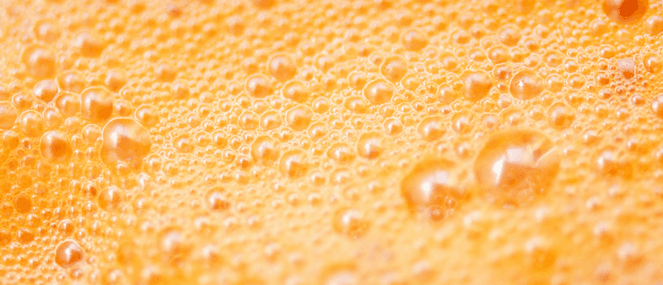Ever get the feeling your toddler subsists mostly on a diet of milk, bananas and pasta? If studies into the dietary habits of Australian children are anything to go by, junior is not alone.
An estimated 35 per cent of Australian children aged two to three are iron deficient, and derive nearly half their daily energy intake from carbohydrates and dairy food.
Pass the breadbasket
The good news is that, because of their small stature, toddlers can actually derive a substantial amount of vitamins and minerals from good quality carbohydrates such as wholemeal bread and pasta, and brown rice.
"If your child seems healthy, is sleeping well and is not getting sick, they're probably getting enough of the right nutrients," says Aloysa Hourigan, the senior nutritionist and National Media Spokesperson at Nutrition Australia.
The issue for a parent should not be whether your toddler is fussy, explains Hourigan, but how you deal with it.
Teaching kids to eat right
There are plenty of things you can do if you want to set the foundations for ongoing healthy eating habits.
1. Accept a changing appetite – It's natural for a child's appetite to drop around the age of two, when the growth rate slows.
2. Expand their flavour horizons – Between the ages of two and five, children are acquiring many new flavours as they begin to enjoy more sophisticated dishes, such as stews and sauces, rather than vegetables and meats presented individually.
3. Offer new foods repeatedly – Hourigan advises eating with your child whenever possible and regularly encouraging them to have small tastes of interesting new flavours. "Infants are born with neophobia, a dislike of new things. You'll have to present foods at least ten times over the period of a few weeks to get them used to new flavours," Hourigan explains.
4. Offer bitter-tasting foods – Bitter foods such as grapefruit, olives and leafy greens such as radicchio, collard greens and kale are known to stimulate the appetite.
5. Easy does it with social skills – Young children are still also developing their social skills, such as being able to sit through a meal or not talk with their mouths full. They're also exercising that famous toddler willpower – saying ‘no' simply to establish their autonomy!
Nutrition Australia has a fact sheet and runs a series of parenting programs, Fun not fuss with foods, co-authored by Hourigan, that offers more ideas.
Something else amiss?
In her book Natural health for children, Blackmores Advisory naturopath and author Lynda Brewin cites some more serious possible causes of poor appetite and fussiness in children. These include having a poor diet or sluggish digestive system, being ill or inactive, having worms or allergies, or having chronic deficiencies in nutrients such as zinc and iron.
When to supplement?
As children grow, they often go through periods of being fussy eaters, making it difficult to ensure that they are getting the nutrients they need to support healthy growth and development. Blackmores Kids Multi is a vitamin and mineral formulation specifically formulated with 18 essential nutrients to support children's healthy growth and development.






